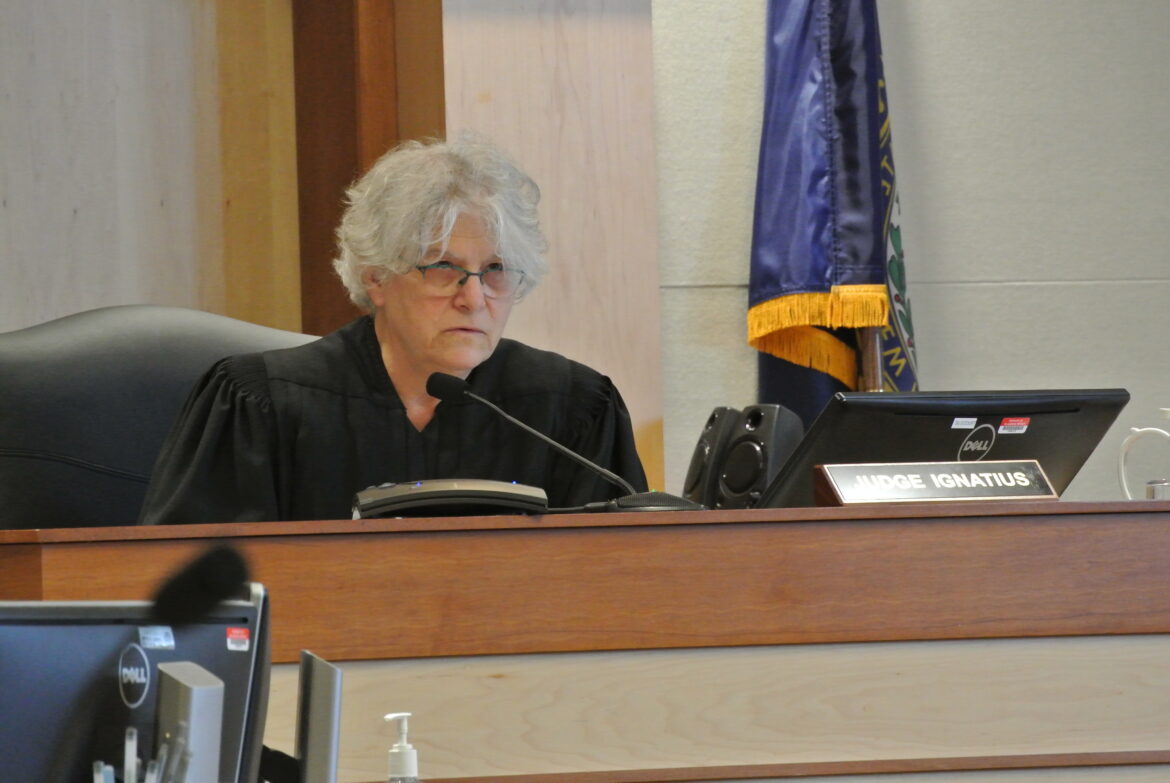By GARRY RAYNO, InDepthNH.org
CONCORD — A Superior Court judge has dismissed a suit challenging the use of Education Trust Fund money to fund the Education Freedom Account program.
Merrimack County Superior Court Judge Amy L. Ignatius dismissed the suit filed by American Federation of Teachers president Deborah Howes claiming the use of the trust fund money for non-public education was both illegal and unconstitutional.
She also challenged the legislature’s delegation to the Children’s Scholarship Fund to administer and regulate the program without what she said was meaningful oversight.
In the suit Howes filed as a private citizen and not as union president nearly a year ago, she claimed money raised by the Lottery Commission, and money from the Education Trust Fund may only be used for adequate education grants to school districts, citing the law creating the fund in 1999.
The New Hampshire Constitution states, “all moneys received from a state-run lottery and all interest received on such moneys shall, after deducting the necessary costs of administration, be appropriated and used exclusively for the school districts of the state,” according to the suit, which also notes the money “shall not be transferred or diverted to any other purpose.”
The law only allows the money to be used to distribute adequate education grants to school districts and approved charter schools, the suit claimed.
But Ignatius’s ruling notes that many other state revenue streams go into the Education Trust Fund and the uses of the separate streams are not tracked so it is impossible to determine if the lottery funds are being used for the EFA program.
She quotes the Contoocook Valley School District ruling by the Supreme Court to say she has to first presume the program is constitutional.
“In reviewing a legislative act, [the Court] presume[s] it to be constitutional and will not declare it invalid except upon inescapable grounds.”
The judge notes the burden of proof is on Howes to prove it is unconstitutional and she has not met that bar.
The judge also notes the amount of lottery funds is small compared (about 10 percent) to the total state funds that flow into the education trust fund.
“Due to the proportion that lottery money takes up of the Education Trust Fund and the respectively minor allocation to the EFA program, the Court’s required constitutional presumption is reasonable,” Ignatius writes in the ruling.
She also notes that the statute was changed in the 2023 legislative session to allow the funds to be used for the Education Freedom Account program, so Howes’ claim of illegality is moot.
The ruling also sides with the Department of Education on the issue of delegating legislative authority to provide a public education.
“The Court finds that the State did not delegate its duty to provide an adequate education because it has no duty to students not enrolled in public school and RSA 194- F does not prevent students from attending public schools,” Ignatius writes in her ruling.
For those reasons she granted the department’s motion to dismiss the suit.
The controversial EFA program was approved within the two-year budget package passed in 2021 after it stalled in the House, but the Senate resurrected it and put it in the budget.
The program has been more costly than Education Commission Frank Edelblut told lawmakers to expect, which was essentially $3.4 million over the biennium, but cost $24 million over that period.
During the current two-year budget cycle, $60 million has been appropriated for the EFA program.
Sold as a program to help students find different educational environments in order to thrive, instead about 75 percent of the participants in the first two years attended private and religious schools prior to the program’s launch in 2021.
Parents can use EFA grants for tuition and fees for private schools and private online learning programs, private tutoring services, textbooks, computer hardware and software, school uniforms, fees for testing, summer programs, therapies, higher education tuition and fees and transportation.
Last legislative session the earnings cap was increased but attempts to bring greater accountability to the program were defeated.
There are numerous bills expected to be introduced into the 2024 legislative session concerning the program.
Garry Rayno may be reached at garry.rayno@yahoo.com.






